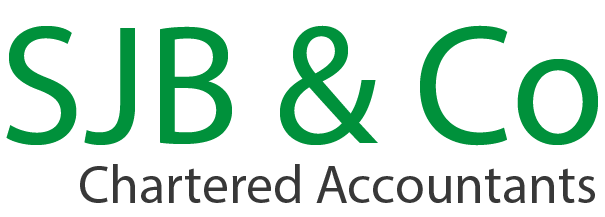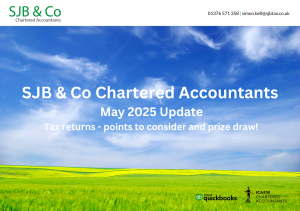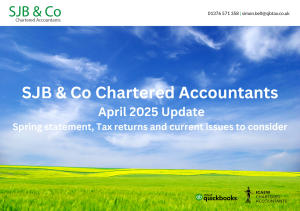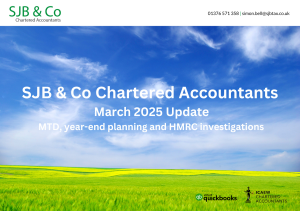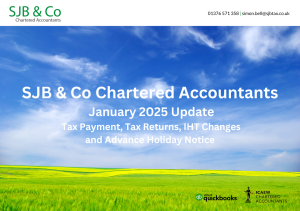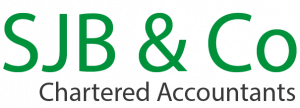Outstanding tax returns
Tax returns should now all be hopefully submitted by now, however if your return is currently outstanding you have until the 28th of February to submit to avoid a penalty.
Tax payments outstanding
Although there has been an extension to the tax return filing deadline, HMRC still charge interest on late paid tax. The good news this week is that for anyone who has not yet paid 2019-20 tax the deadline to pay tax to avoid the 5% penalty for late payment has been extended to 1 April 2021. Tax payers need to either settle their 2019-20 tax by 1 April 2021 or agree a payment plan with HMRC , this can be done online or by phone see https://www.gov.uk/pay-self-assessment-tax-bill/pay-in-instalments , telephone HMRC on 0300 200 3822.
Budget and tax year-end approaching
This year’s Budget is set for the 3rd of March when details of the next Self Employed grant will be announced. There is speculation as to what if any tax rises will be announced given the level of government spending in the last 12 months, so if you are planning any transactions prior to the end of the tax year it may be worth completing them before Budget Day. We will be circulating checklists of issues to consider prior to the year-end shortly and these will then be available on our website www.sjbtax.co.uk/news .
Bounce Back Loans & top ups – deadline 31 March 2021
The deadline for applying for a Bounce Back loan is 31 March 2021, however if you expect to need to take out a Bounce Back loan then do not delay applying to avoid last minute problems. Businesses that borrowed less than the maximum available to them may be able to apply for a top up to bring their loan up to the maximum amount. Any top up is only available from your existing lender, so if interested you should approach them.
Bounce Back Loans – relaxation of repayment terms
The Treasury is advising banks that operate the Bounce Back Loan scheme to offer a more flexible approach when repayments are due to be made.
Pay As You Grow (PAYG)
The new conditions, called the Pay As You Grow approach, offer the following concessions:
- To extend the length of the loan from six years to ten tears.
- Allow borrowers to make interest-only payments for six months, with an option to use this facility up to three times throughout the loan.
- Pause repayments entirely for up to six months.
The Chancellor has now extended the flexibility of the third option, which will be available to all from their first repayment, rather than after six repayments have been made. This will mean that businesses can choose to make no payments on their loans until eighteen months after they originally took them out. (Prior to these changes, no repayments on Bounce Back Loans were required for twelve months.)
How could these changes affect your cashflow?
The option to increase the term of the loan from six to ten years would almost half your monthly repayments.
The three periods when you can opt to make interest only payments for six months would further reduce the impact on your bank balances as would the ability to request a pause in repayments for six months.
How do we access these PAYG features?
In the Press Release announcing these changes, 8 February 2021, the Treasury said:
Lenders will proactively and directly inform their customers of Pay as You Grow, and borrowers should only expect correspondence three months before their first repayments are due.
In other words, banks are required to inform you of these relaxations, and they will no doubt advise you how to implement any of the PAYG options now available as part of this notification.
For more information or to discuss any issues raised above please contact Simon Bell by phone on 01376 571358 or email [email protected].
Please feel free to forward this newsletter to any colleagues or friends who may be interested in it.
This newsletter is written in general terms and therefore cannot be relied on to cover specific situations; applications of the principles set out will depend on the particular circumstances involved and it is recommended that you take professional advice before acting or refraining from acting on any material in the newsletter.
